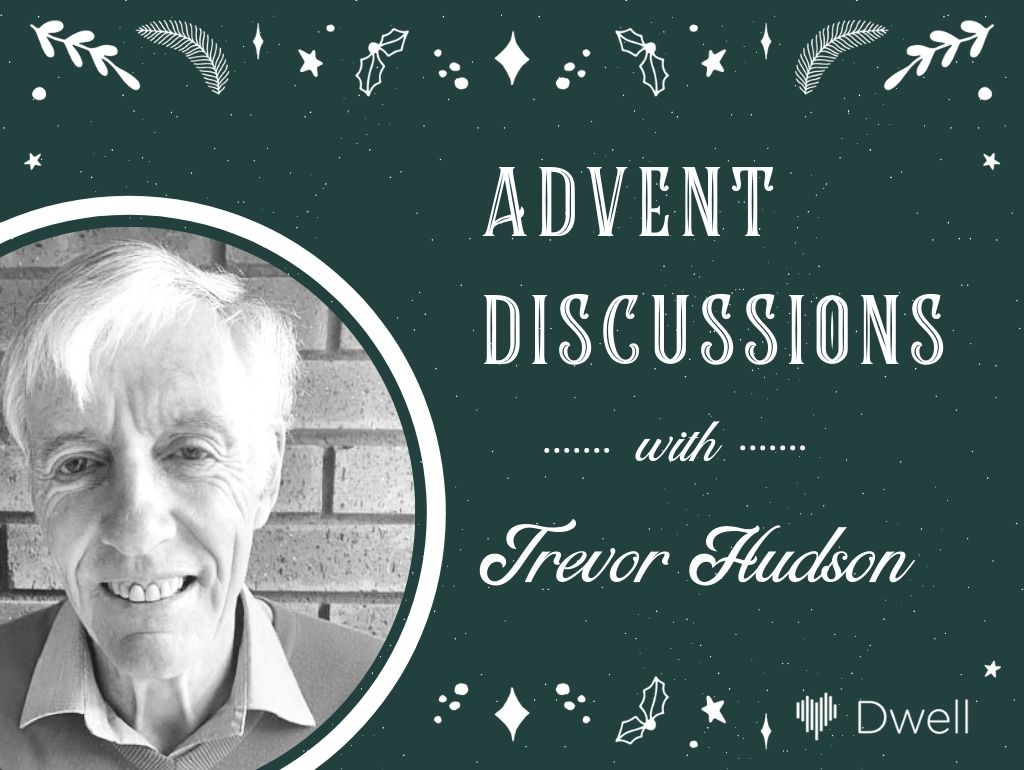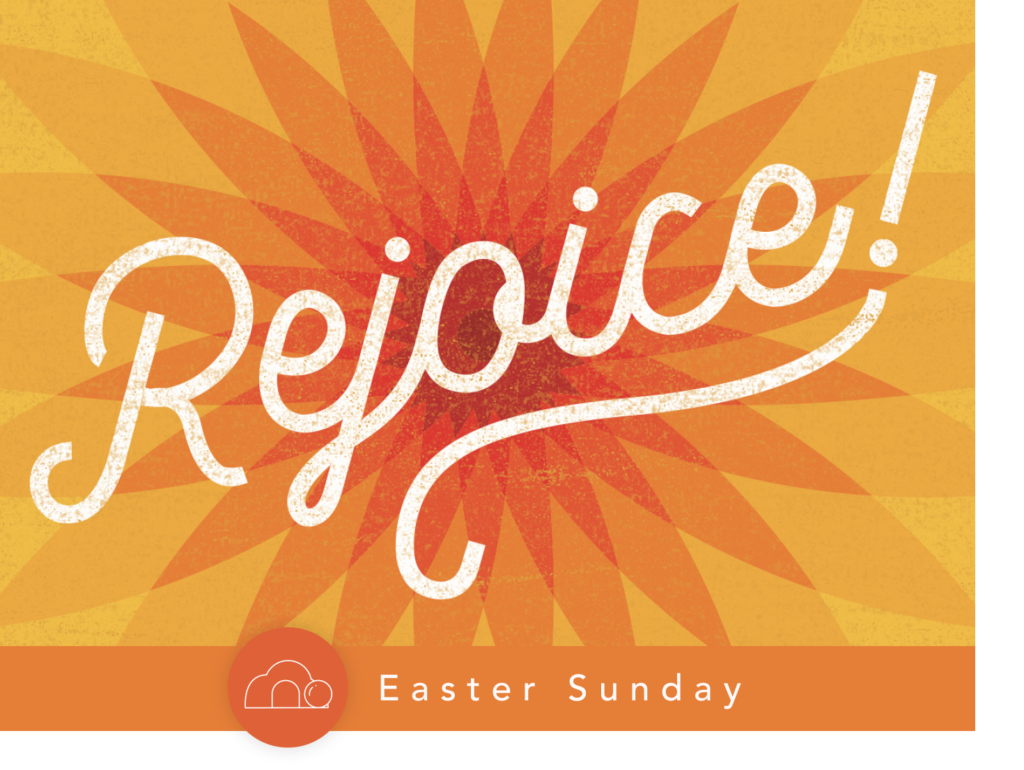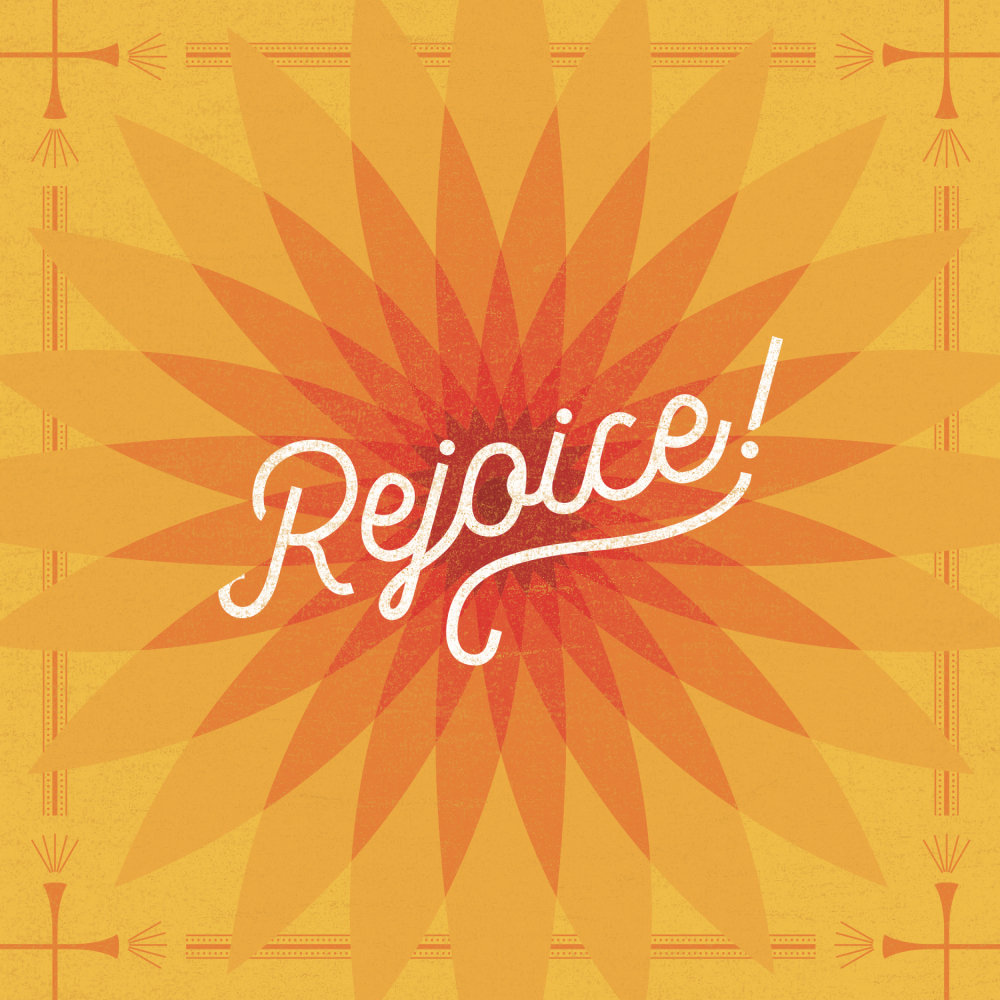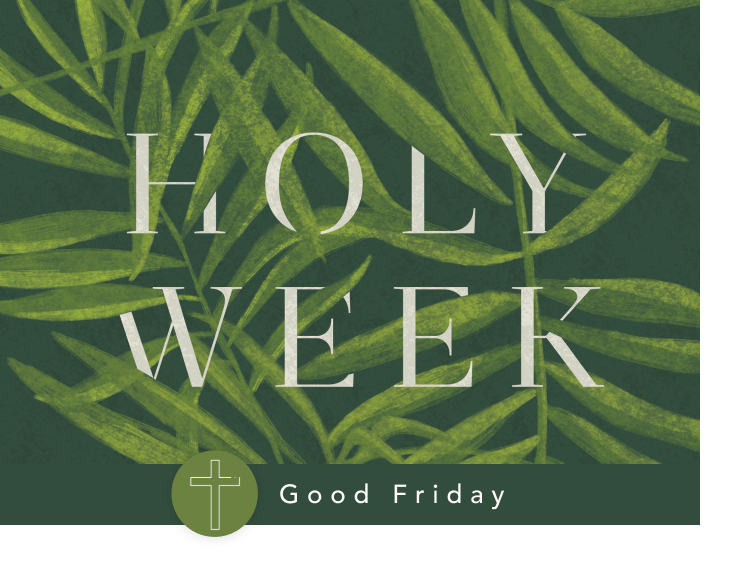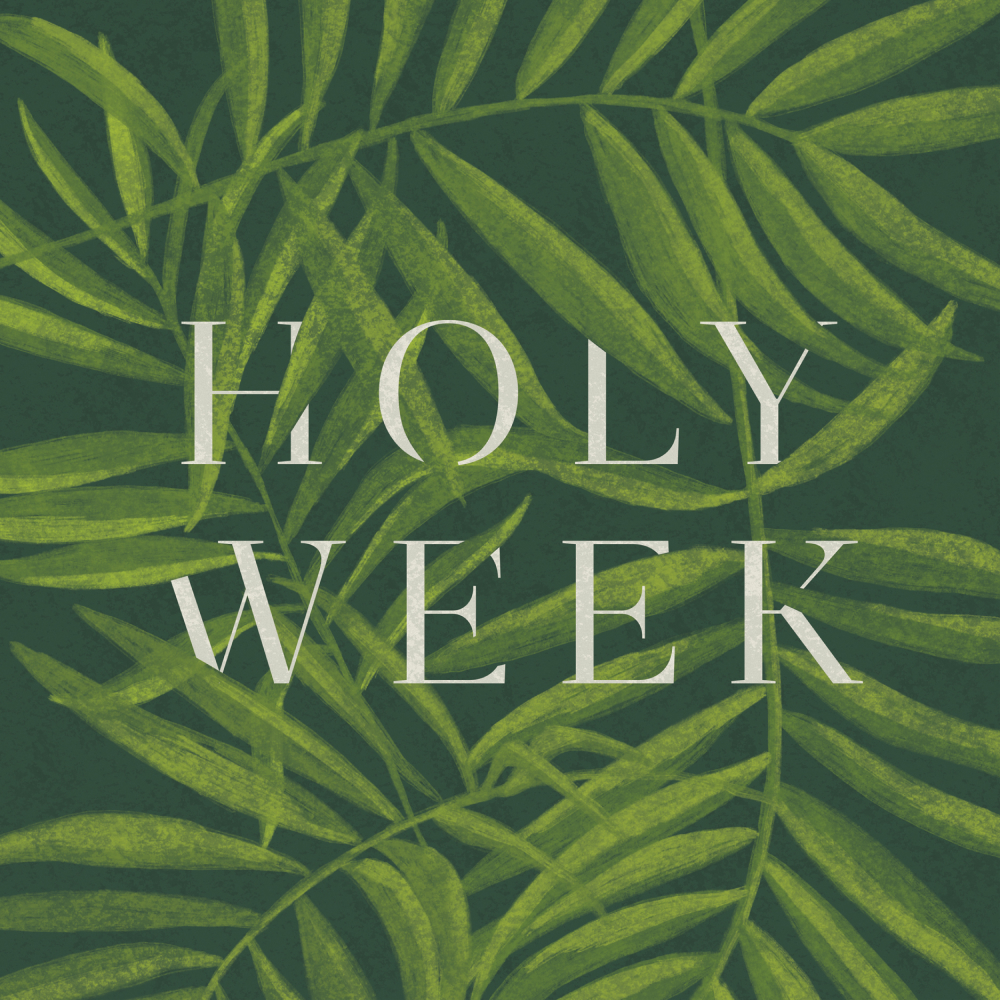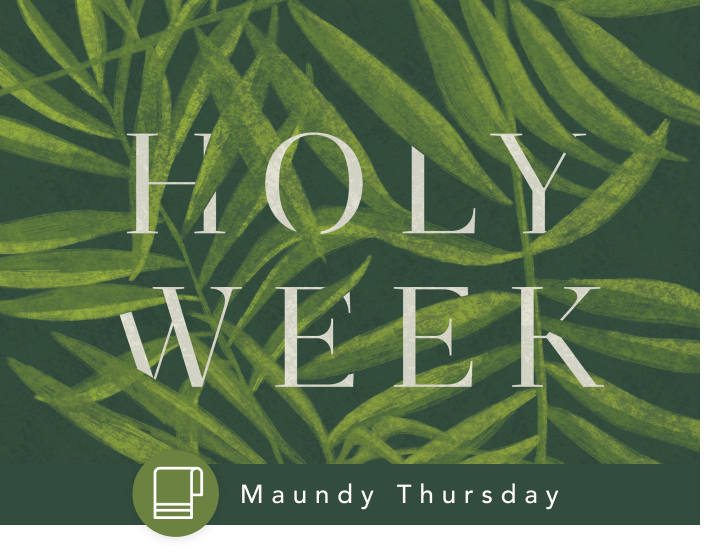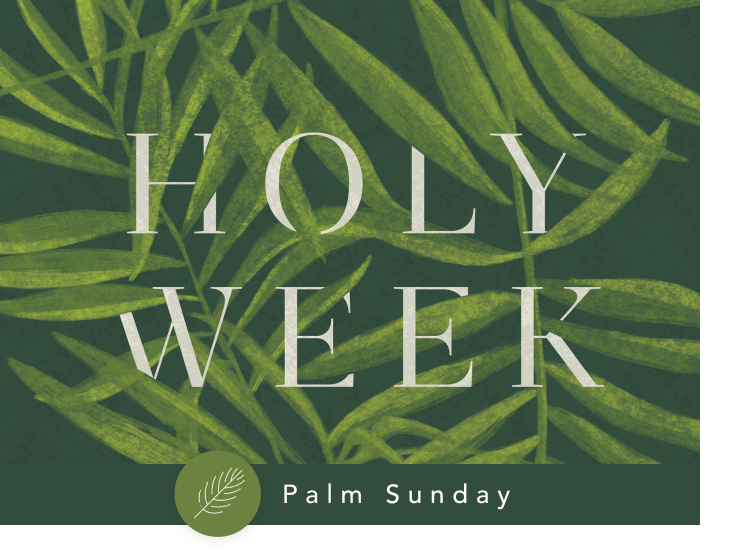Advent Discussions: Rebecca DeYoung
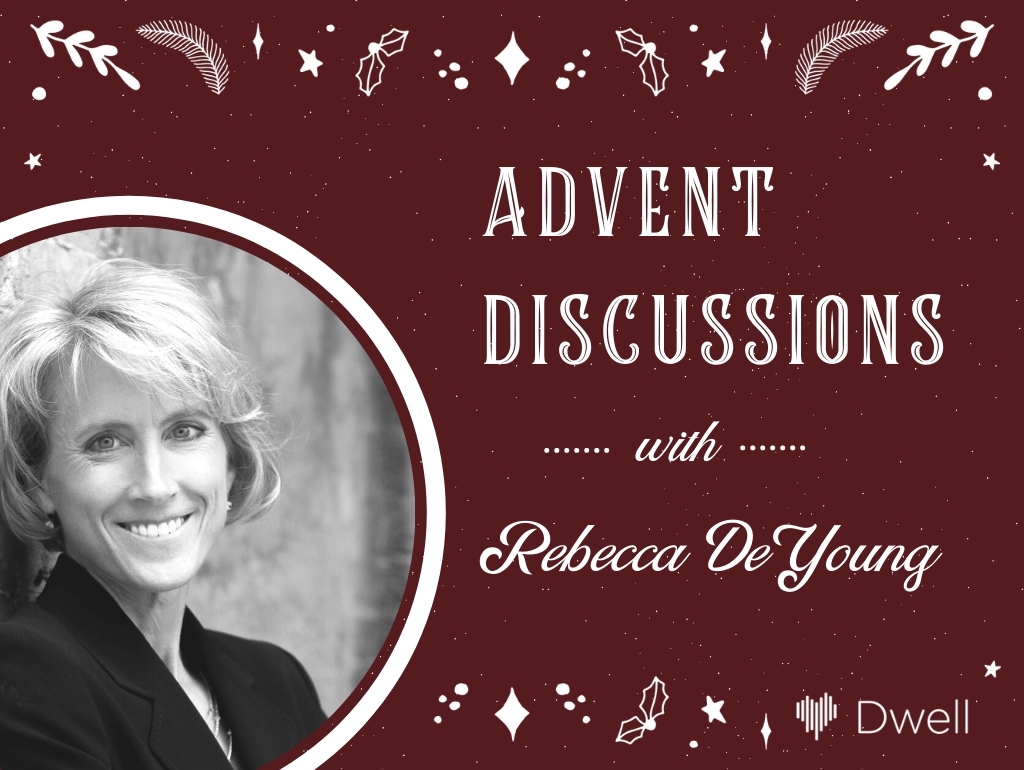
Join us each week of Advent as we share bonus content from friends of Dwell, each reflecting upon their own Advent journey and life with God in and through Scripture.
Week 2: Rebecca DeYoung
Rebecca K. DeYoung (Ph.D. University of Notre Dame) has enjoyed teaching ethics and the history of ancient and medieval philosophy at Calvin University for over 20 years. Her research focuses on the seven deadly sins, and virtue ethics, as well as Thomas Aquinas’s work on the virtues. Her books include Glittering Vices (Brazos), Vainglory (Eerdmans), and a co-authored volume entitled Aquinas’s Ethics (University of Notre Dame Press). Awards for her work include the Book and Essay Prize from the Character Project and the C.S. Lewis prize for Glittering Vices. She speaks widely, including opportunities to teach in prison. She and her husband Scot live in Grand Rapids, near the beautiful Lake Michigan shoreline.
The Seven Deadly Sins: What Are They and Why do They Matter?
What ‘Deadly Sins’ Do We Need To Be Mindful of in the Advent Season?
The Importance of Slowing Down in a Season of Hustle and Bustle
Bonus Audio Content:
What Can Ancient Christians Teach us About Everyday Life?
Transcript: They do a good job of emphasizing daily discipline for lifelong transformation. I mean, it is not exciting stuff. It is day after day, it is woven into kind of the warp and woof of our everyday lives. But that’s, I think, the absolutely essential key to transformation. It’s like you don’t just turn over your daily devotions to God, you turn over all of the patterns and practices that are forming you in all of your daily activities.
We have a saying in the Reformed tradition that Christ is Lord over every square inch of our lives. So, the way you walk into work and how fast you drive and what you eat and who you eat with and when you talk and how you listen and how you work and how you rest – all the things! So that incremental, mundane, daily stuff is where the deep transformation happens. And I think that’s one of the keys to the vices too. We’re always being formed, always being formed. How are we being formed? Which “goods” is this formation directing us toward? Is it directing us toward life with God and greater communion with Him? Or is it directing us away towards something idolatrous or damaging?
Daily Practices for the Healing of Our Souls
Transcript: I’m all about sort of thinking about daily practices that help us lean into Christ’s likeness. But I want to emphasize that part of what we’re doing in this process is putting ourselves in the hands of what the Desert Fathers and Mothers called the Physician of Souls, and that was Christ the Healer. So this whole process of diagnosing and self-examination and confession is really meant to work like a diagnostic process in healthcare, right?
Why do you want a diagnosis? To feel bad about the diseases that you have? No, it’s to go to the right doctor to obtain healing, and to think about Christ as offering you healing I think is a really important dynamic in this whole spiritual formation trajectory. He’s not there to condemn you, he’s there to offer you life. So what is a more life giving way than envy? Well, how about the celebration, appreciation, and expression of gratitude for goodness, goodness in our own lives, goodness all around us, the goodness in nature.
One of the things that I love to encourage my students to do is to find non-competitive goods. So goods that aren’t a matter of, “If I have more of it, you have less of it.” That’s an envious mindset, to make everything sort of a zero-sum competitive game. I want to turn people more toward common goods, things like music, we can both listen to music together, we can both appreciate it. It doesn’t make you better, me worse, you have more, me have less. It’s just something we can enjoy together.
Nature is like this as well. You can go out and enjoy the natural world in a way that’s appreciative of something that is God given and a common good, and something that we can celebrate, enjoy, and appreciate together. And I think the envious need to get out of the mindset of rivalry and competition and get into the mindset of common, sharable goods.
The Centrality of Scripture in a Well-Formed Life
Transcript: I think what Scripture does is it puts us in the presence of God, in dialogue with God.
So if you want to become like someone, and you want to grow in a love relationship with someone, that requires being with them, and Scripture, especially if you inhabit the language of the Psalms, is a kind of direct dialogue with God and a kind of deliberate encounter with him and being in his presence, and that is the most powerful mode of transformation possible. If we spend time with people, they rub off on us. We always say as parents, be careful who your friends are, because your friends will form your character. Well, if we befriend God and spend time with him, that will be formative for our character, too. So I don’t think of Scripture as primarily instructional, I think of it more in terms of, it’s just a place to be present and be in dialogue with God.
My own, probably most formative experience in that mode was when I was going through cancer treatment, and I found that the Psalms spoke for me when I no longer had the words to say to God about what was happening to me. And so to find that he had even provided the language felt like a gift. When I was speechless and had nothing to say, he had a word for that too, a word designed for me and in first person language. So that was a really personal gift, and a place where I found comfort and solace during a very difficult time.
One other thing that I have found really helpful with respect to Scripture in terms of disciplines and practices, again, something I practice with my students, we memorize Scripture together. And so I’m a fan, not only of reading, but of re-reading, of coming back to a single text and internalizing it. If you read Augustine’s Confessions, a large percentage of the actual text of his own story of his own life is directly in the language of Scripture. There are Scripture quotations inter-woven throughout the story. And I thought, isn’t that just a powerful picture of an internalization of God’s Word, such that you can’t tell your own story without using his words for your story.
The Benefits of Listening to the Bible
Transcript: I wonder if this is an opportunity to become an aural and visual culture again and we could go back and reclaim a few things from history there. I think the Dwell App is actually pretty helpful in that regard. What if it retaught us to receive the Word aurally? That would necessarily be a good antidote to a lot of our skim and scroll habits on the internet.
If you’re listening to somebody say something, it’s going to take longer than if you’re zipping through it, sort of speed reading. So, if it’s a way of reading that slows us down, maybe it is a way to let the Word of Christ dwell in us more richly than it would be if we stuck it on a printed page.
